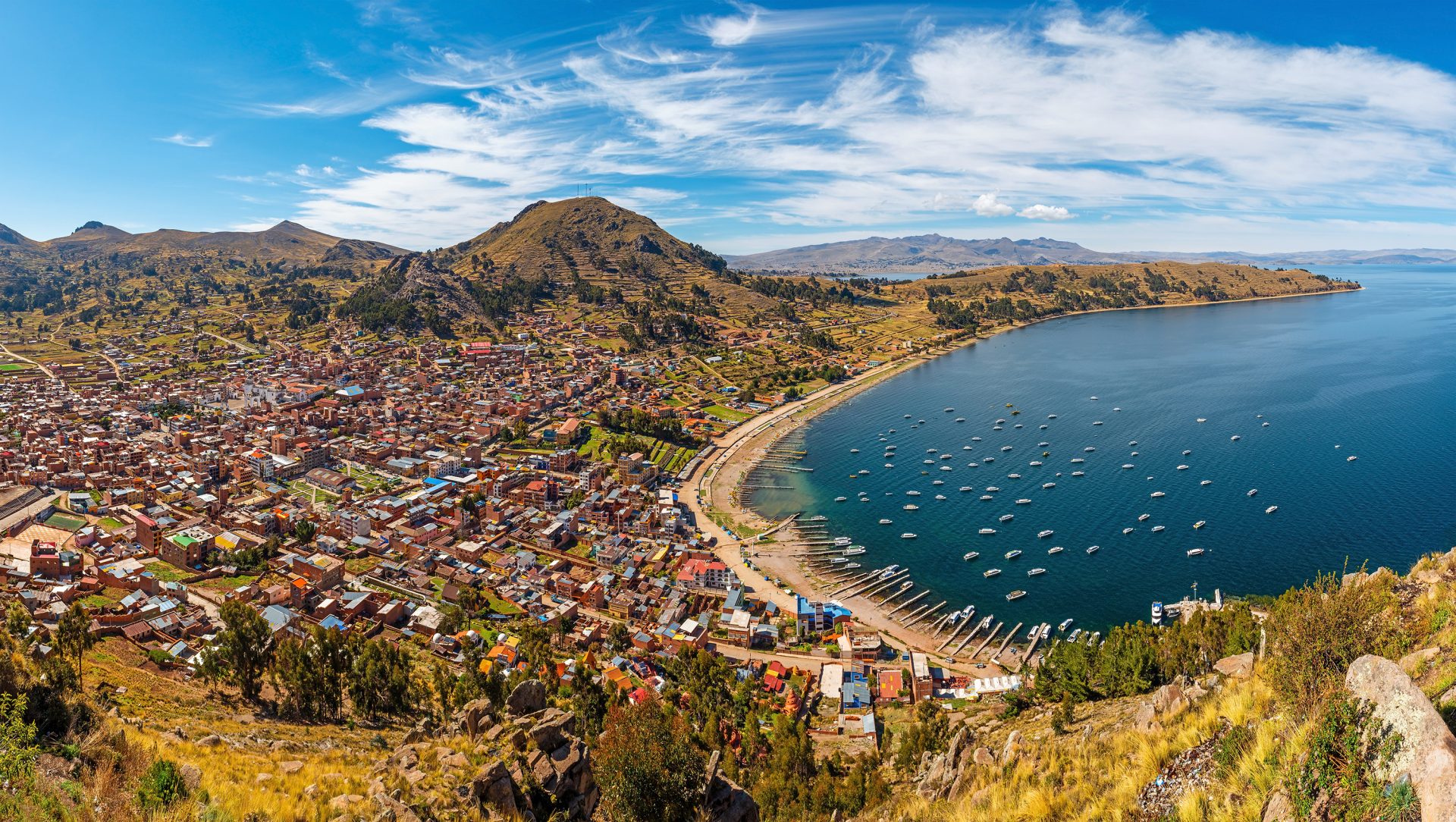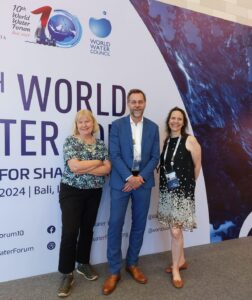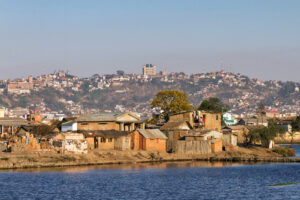Integrity practices in the Bolivian water and sanitation sector
“The cultural richness of the region served as a reminder of the importance of considering local contexts and incorporating inclusive approaches in the development of integrity frameworks and initiatives. ”
Furthermore, the visit highlighted the significance of addressing gender equality and social inclusion in the water and sanitation sector. The discussions emphasized the need to ensure the participation and representation of women and/ or other underrepresented groups in decision-making processes. These include the design and implementation of the Integrity Evaluation and Monitoring System. This focus on inclusivity reinforced the commitment to fostering equitable and sustainable development in the sector.
What are the key takeaways from your visit?
The successful implementation of the Integrity Evaluation and Monitoring System in AAPS’ water and sanitation sector is a significant milestone, demonstrating commitment to strengthening regulatory capacities and promoting good governance. Identifying suitable indicators for transparency, accountability, participation, and anti-corruption enables effective assessment and monitoring of integrity practices within the sector. This emphasizes the system’s importance as a tool to drive positive change and improve governance in the sector. Collaborative efforts between AAPS and SIWI, along with all stakeholders’ commitment, lay a solid foundation for promoting transparency, equitable services, and reliable water and sanitation delivery in Bolivia.
What is the future of this project/ your work in the region?
The future of this endeavor entails continued support and collaboration between AAPS and SIWI to ensure the successful implementation of the Integrity Evaluation and Monitoring System. The focus will be on providing ongoing capacity development initiatives, technical assistance, and knowledge sharing to enhance AAPS’s regulatory capabilities. By strengthening the evaluation and monitoring of integrity practices in the water and sanitation sector, the future technical support aims to foster a culture of transparency, accountability, and anti-corruption. The long-term goal is to improve governance processes and ensure the delivery of high-quality drinking water and sanitation services in Bolivia.
Who would this project be of most interest to and why?
This project would be of great interest to regulatory entities, policymakers, and stakeholders in the water and sanitation sector in Bolivia. Regulatory entities, such as AAPS, can benefit from the project by strengthening their capacity to evaluate and monitor integrity practices, enhancing their regulatory oversight and governance processes. Policymakers can utilize the project’s outcomes and recommendations to inform policy decisions and improve the overall governance of the sector. Additionally, stakeholders, including water and sanitation service providers, civil society organizations, and the general public, will be interested in the project’s outcomes as it promotes transparency, accountability, and anti-corruption measures, ensuring the delivery of reliable and equitable water and sanitation services for the people of Bolivia.









